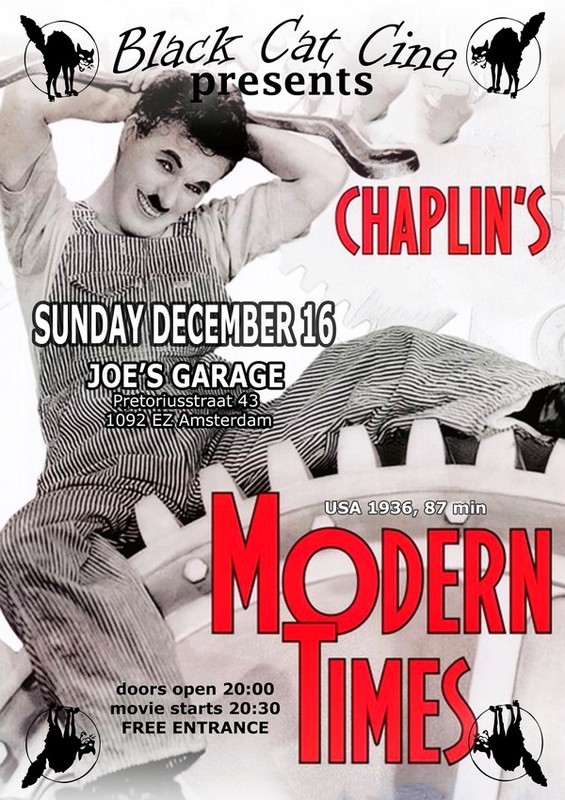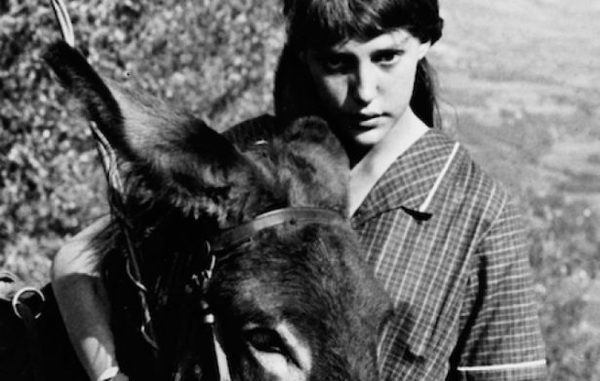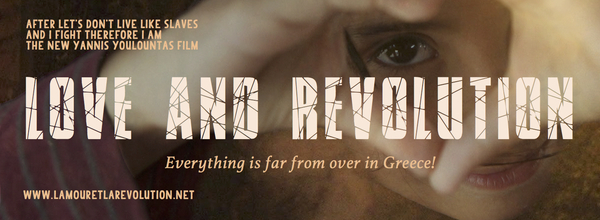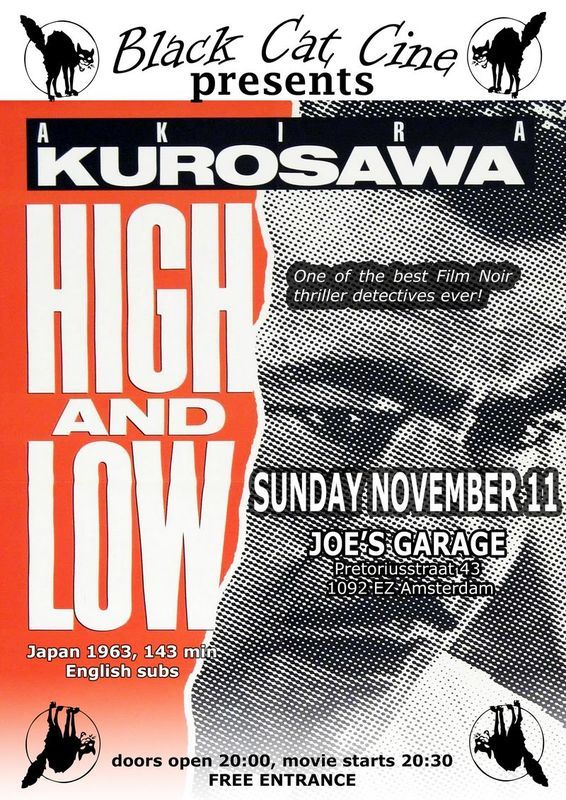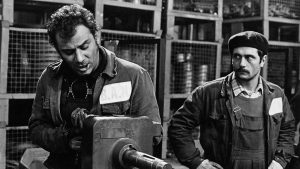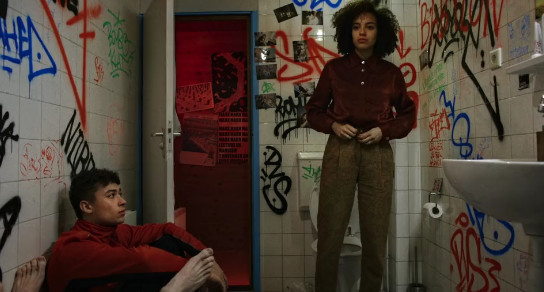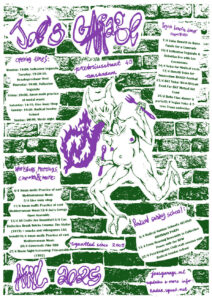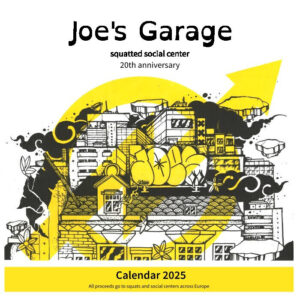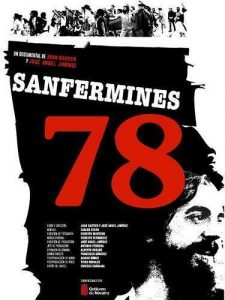 Sunday 21 October 2018, Movie night: Sanfermines 78 by Juan Gautier, José Ángel Jiménez (2005), 68 minutes, in Spanish, no subtitles. Doors open at 8pm, film starts at 8:30pm.
Sunday 21 October 2018, Movie night: Sanfermines 78 by Juan Gautier, José Ángel Jiménez (2005), 68 minutes, in Spanish, no subtitles. Doors open at 8pm, film starts at 8:30pm.
On 8 July 1978, the Sanfermines fiestas were interrupted by events that shook Pamplona. That same year the text of the Spanish Constitution was being negotiated and Navarre was experiencing days of political tension. In addition, the actions of the extreme right, the advance of the workers’ movement, the actions of ETA, the incipient political parties, etc, formed part of a puzzle that was difficult to solve in those years of transition to democracy. 25 years after these events, its protagonists tell us how they lived those days forming a collective portrait of that time and bringing us a little closer to the reality of those events.
On 8 July 1978 in Pamplona, after the deployment of a banner in favor of total amnesty, the Armed Police intervened leaving more than 150 wounded and a student, Germán Rodríguez, killed by a shot in the forehead. This intervention led to a general strike in Navarre and protests that spread to Álava, Guipúzcoa, Vizcaya and the rest of Navarre. These events were never judged.
In Donostia, on 11 July 1978, the Armed Police charged the demonstrators and Joseba Barandiaran Urkola, an 18-year-old resident of Astigarraga, was shot in the chest. The policemen of the operation covered themselves and the case was dismissed 7 years later for not being able to identify the author.
At the spot where Germán Rodríguez was shot, a commemorative stele was placed, by popular initiative, around which rallies have been held on the date of the anniversary in memory of Germán and of the aggression suffered by the city. This one that initially was of stone, was smashed away, being replaced by another one that was blown up with explosives. Another stele was placed again, this one made of bronze that was present for twenty years until, on the occasion of some works to make an underground car park in the area, it was removed in 2005.
On 14 December 2007, a stele was inaugurated in a popular way, without the presence of official representatives. In the commemoration of 2015 the mayor of Pamplona, the recently elected Joseba Asiron attended for the first time, and in 2016, in addition to the institutional participation, the plaque was changed and the following text was put on: “In memory of Germán Rodríguez Saiz, who was shot dead by the police on July 8, 1978.”
40 years later, on 18 January 2018, the Parliament of Navarre approved a resolution urging the Spanish government to declassify all documentation and information existing in the State Administration, related to the events of the Sanfermines of 1978. On 8 May 2018, the proposal was rejected in Congress with the votes of PP, PSOE and Ciudadanos
On 29 June 2018 the sculpture “Gogoan” (in memory) was inaugurated. It is located in the same avenue of Roncesvalles, dominant place of the police repression and in which Germán Rodríguez died.
Film night at Joe’s Garage, cozy cinema! Free entrance. You want to play a movie, let us know: joe [at] squat [dot] net
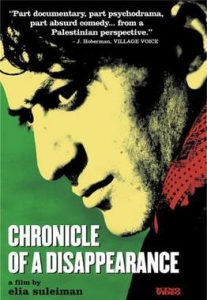 Sunday 23 December 2018, Palestinian Film: Chronicle of Disappearance (Elia Suleiman, 1996). 88 minutes. In Arabic with English subtitles. Doors open at 20:00, Film starts 20:30.
Sunday 23 December 2018, Palestinian Film: Chronicle of Disappearance (Elia Suleiman, 1996). 88 minutes. In Arabic with English subtitles. Doors open at 20:00, Film starts 20:30.